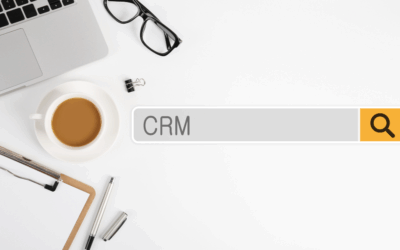Lately, we have also seen many attacks on companies using Office 365. This can sometimes have unpleasant consequences: from a customer who was suddenly thousands of dollars poorer to a customer whose address book was spammed with malware. It is increasingly an everyday reality.
Yet there are still many companies that are not really very conscious about protecting against hacks and malware.
Fake emails from Microsoft
A common method used by professional hackers is to conduct massive email bombing of a database of existing corporate email addresses from a fake email address. The emails resemble an official Microsoft service email in everything – but lead via a link to a fake website where login credentials and passwords must be entered to install a particular update.
If you make the mistake of logging into such a fake website, it sometimes only takes a few seconds for the program to hack, drain or damage your entire account (mailbox, files, etc.).
Initially, SMEs were spared as targets of cybercriminals. But now that SMBs are also increasingly active in the Cloud, you see the smaller companies being hacked en masse as well.
Already this year, we have seen a few companies come knocking on the door with major issues in the area of cybercrime.
Two Factor Authentication and a virus scanner
Many companies think they will be fine if they work in the Microsoft or Google Cloud. But against fake emails, you only do something with a good virus scanner and continuous vigilance of your employees. CloudConnected has a special training program for employees.
But we also offer two relatively simple solutions to protect your employees from the tactics of hackers:
Two Factor Authentication (logging in to your online account must always be duplicated, via a code sent to your phone) and Microsoft’s Advanced Threat Protection. The latest solution is an up-to-date virus scanner from Microsoft that automatically tracks every fake link and suspicious attachment that comes in through the mail.
Your employees cannot even open a dangerous link, even if they would like to.
Together, these two tools cost $7 per employee per month. Well worth it if you want to avoid all the hassle that a data breach can entail. Quite apart from the possible loss of sensitive data or rogue banking transactions, you must officially report a data breach to the Consumer and Market Authority (ACM). A lot of paperwork you’d rather save yourself.
Want to avoid this?
Request our free CloudConnected security scan – we’ll see if your online security is up to scratch.



